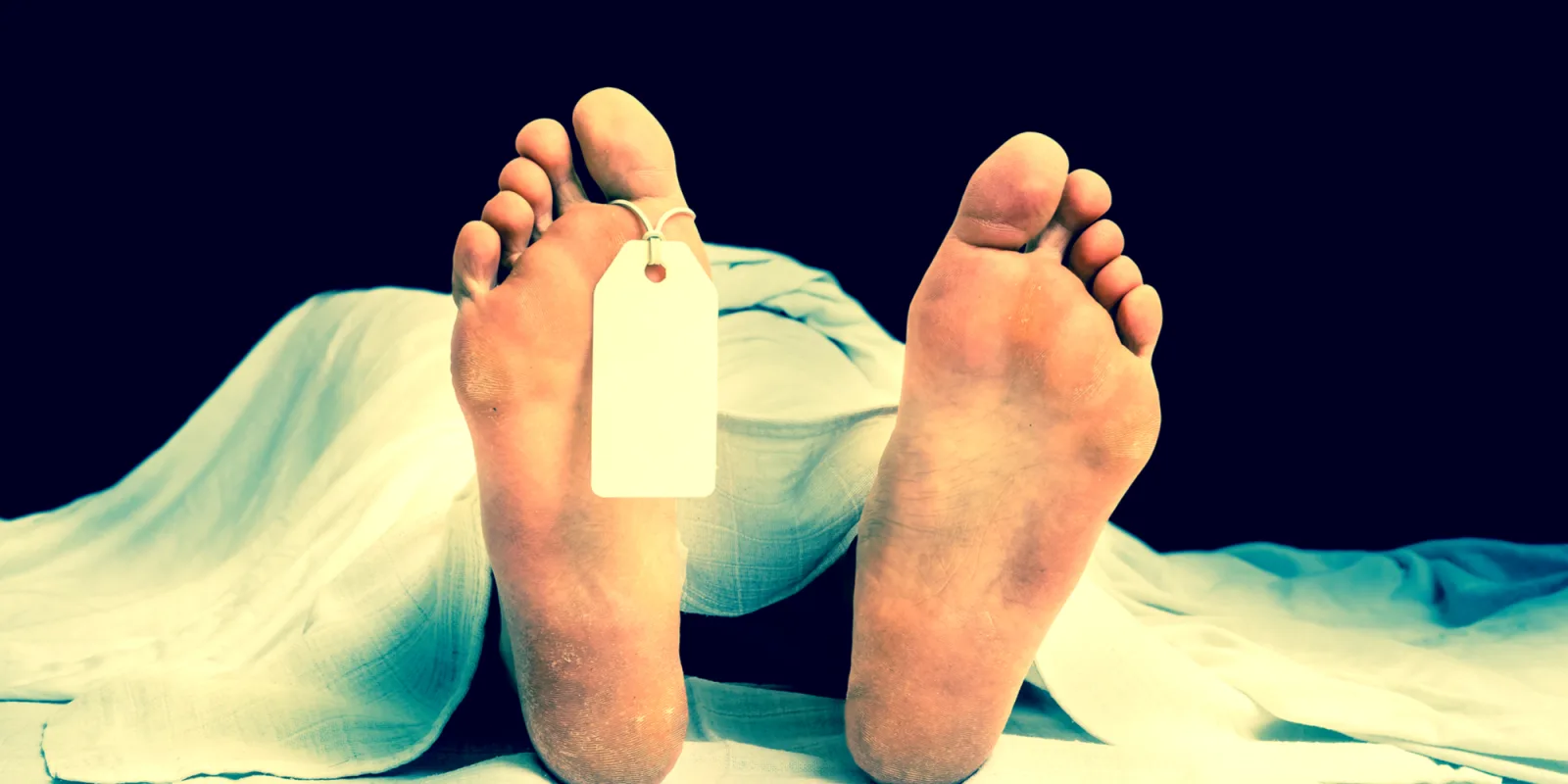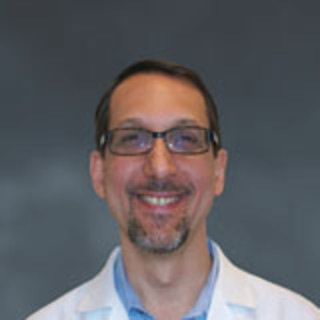 I remember my final, long, and monotonous drive home from college — enduring the stretches of rural highways until a familiar landscape finally came into view. In a few short months, I would begin medical school.
I remember my final, long, and monotonous drive home from college — enduring the stretches of rural highways until a familiar landscape finally came into view. In a few short months, I would begin medical school.
A personal connection to the area gave me confidence and helped me adapt more easily. Midway through year three, my medical training and childhood came to a startling intersection. With the Pathology rotation being less time intensive, I was able to catch up with some of my local friends from high school. Most of our conversations did not angle off into the medical subculture, but I recall one friend, Ellen Magill*, telling me that her father was quite ill with cancer. I tried to comfort her by touting the stellar reputation of his oncologist, who some of my classmates had worked with on their inpatient medicine rotations.
Late on a weekday afternoon, I received my first call for an autopsy. I met my student partners and the pathologist at the hospital morgue where the patient lay on a metal table, covered by a crisp, white sheet.
After surveying the room, my eyes fixed on a manila folder next to the patient, with the name spelled out in large block letters: MAGILL.
I didn’t react at first, as Magill is a common enough name. But after a few minutes, I felt my stomach tighten. A mild wave of nausea passed through me. Could it be? Ellen’s father was very ill, but she didn’t imply that he had end-stage cancer.
I took some slow, deep breaths to compose myself and prepared for the unveiling. The pathologist pulled down the sheet, and I remember my shock at the condition of the patient. His skin had a deep yellow hue and he was emaciated to the point where I could identify most of his anatomy before an incision was made.
Then, I focused on his face. Yes, it was Mr. Magill — Ellen’s dad.
It wasn’t until I got home later that night that my mind allowed the bizarreness to sink in. Should I call Ellen and offer my sympathy? If I did, she would wonder how I knew. How could I say it was because I dissected him last evening? I did not feel ready for the privilege of this intimacy — of not only knowing that my friend’s father had died, but also how his disease had taken the last wisp of life from him.
For the next few weeks, Mr. Magill’s lifeless, withered face flashed into my mind unexpectedly. I would think of him during the day. Sometimes, he showed up in dreams until the distraction of my onerous workload helped the vividness of my memory fade away.
I never did tell Ellen about the autopsy. Having experienced something far beyond societal norms, I was not yet comfortable enough in my physician role to disclose to my non-medical friend what I had done. I felt the guilt of transgression.
Mr. Magill’s autopsy was a jarring part of my introduction to the deeply personal world of clinical medicine. Reflecting now from mid-career, it was like a crashing chord at the beginning of a symphony. A shock which, over the years, has gradually cascaded into a complex mélange of melodies, harmonies, and occasional dissonances that are now so rewarding.
Jeffrey Howard Millstein, MD is a practicing internist and serves as physician champion for the patient experience initiative at Clinical Care Associates of Penn Medicine. He leads initiatives and serves as a resource for clinicians and staff to help improve patient centered communication skills. You can follow him on Twitter @millstej.
*Disclaimer: For privacy reasons, some names and information have been changed within the story.
Image by andriano.cz / Shutterstock







